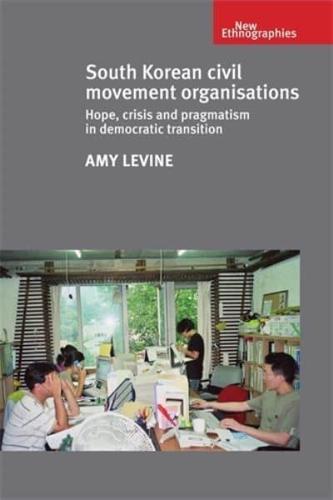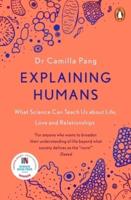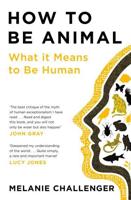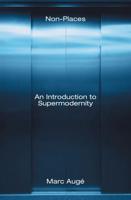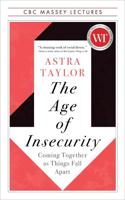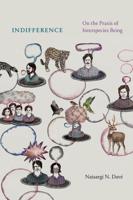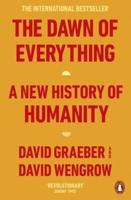Publisher's Synopsis
This highly engaging book invites the reader to learn about how South Korean activists, intellectuals and various reformers approach the role of civil society in a post-colonial, post-Cold War, post-dictatorship, and post-IMF neoliberal democracy. In particular, it provides a detailed description of civil movement organisations in Seoul leading up to, during and after the Roh Moo Hyun era (2003-8). The book engages the entangled hopes, crises and pragmatic transitions that animated this era in South Korean politics and connects it with larger debates in anthropology, sociology, law and politics from around the world. Ultimately, the book contributes to growing areas of research, advocacy and general interest in pragmatism, ethnography, hope and crisis.


